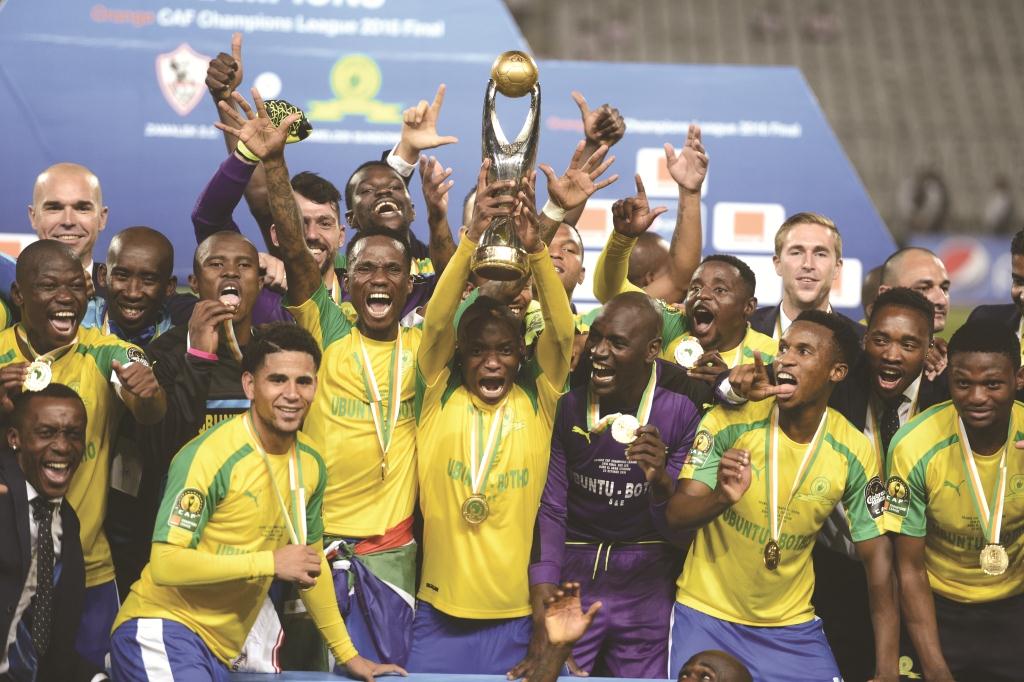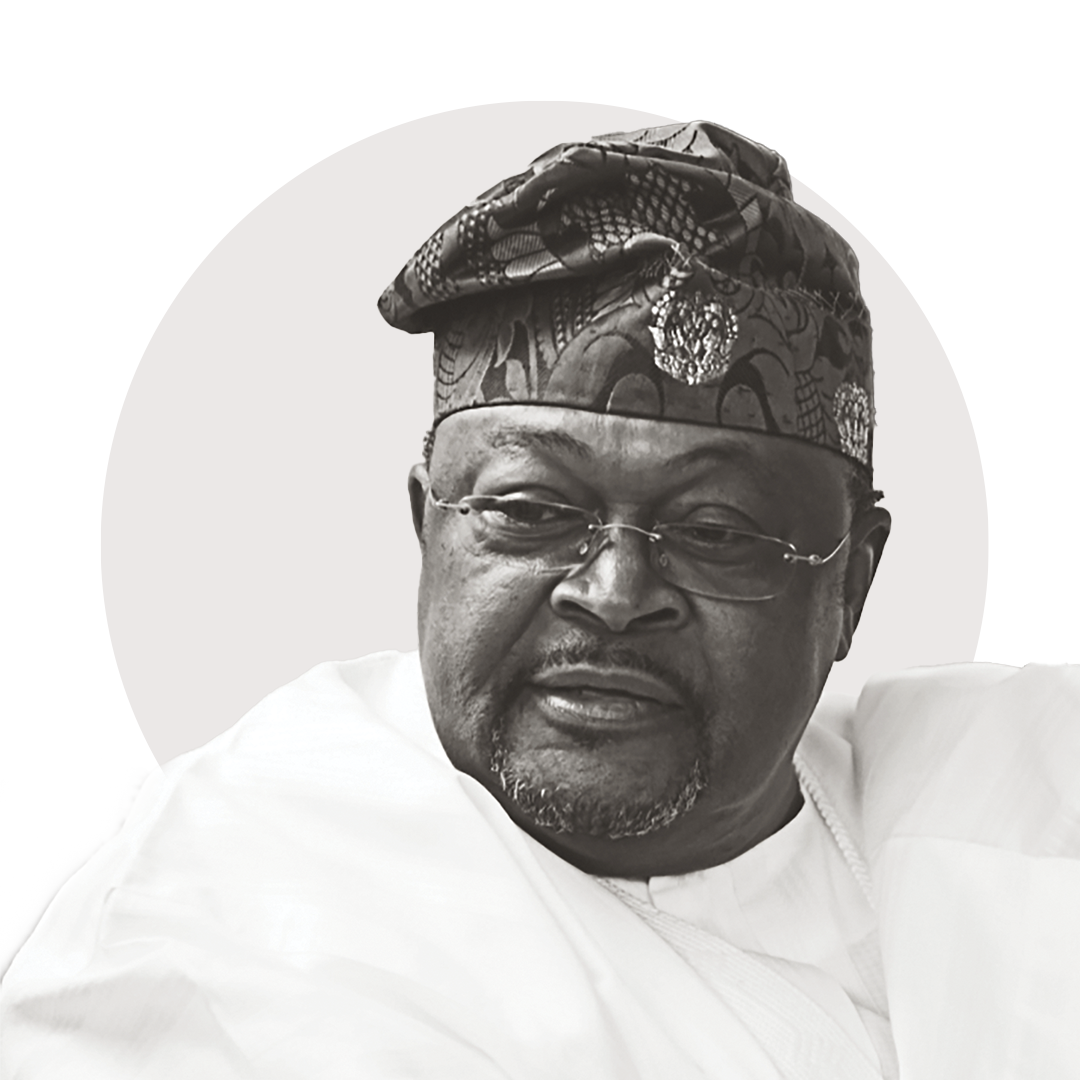With billionaire mining magnate Patrice Motsepe at the helm, the newly crowned African champions Mamelodi Sundowns are not short of resources.

Adding up all the presumed transfer fees and estimated running costs over the 13 years since he took ownership, Motsepe has invested more than R150 million ($11 million) in the club, a sum far in excess of what any other owner, among the 16 teams that make up South Africa’s Premier Soccer League (PSL), has put into the game.
The money took a long time to show any kind of return but Sundowns, ironically after a round of recent belt-tightening, can now look to run their operation independently after the windfall of their recent success.
Winning the African Champions League in October has ensured record earnings for the Pretoria-based club, although Motsepe is giving a fair chunk of it to his players as a bonus for their achievement.
Loading...
In the Champions League, Sundowns took home a purse of $1.5 million for winning – by far the biggest sum the club has ever earned from a single competition. That is, indeed, true of any South African team.
The biggest prize in the domestic game is the R10 million ($750,000) that the winners of the league earn.

The Champions League purse is to be shared among the players, said Motsepe in the wake of their success in Egypt, where Sundowns overcame hostile conditions in a display of resilience to win the title – only the second time in 21 years that a South African club has done so.
It is the biggest achievement in club football on the continent and brings with it a raft of other opportunities.
First, Champions League success means participation in the Fifa Club World Cup in Japan at the end of the year.
The competition, featuring all the continental champions, also offers prize money with a minimum of $1 million just for participating and going up to $5 million for the winner.
But unlike the Champions League campaign, where the cost of traveling through Africa can be onerous, Fifa pay all costs, including supplying 35 business class return tickets to Japan per club.
Another $1 million would be well received, although the costs of South African football are such now that it is pretty swiftly shredded through.
Not three months ago, Sundowns paid R11 million ($820,000) to sign silky midfielder Sibusiso Vilakazi from Bidvest Wits; a record fee for an internal move in the South African market. They also bought players from Bloemfontein Celtic and Free State Stars, and imported a striker from the Ivory Coast in a bid to strengthen their squad for a rigorous campaign to come.
To do so, the club has to get extra funding from Motsepe.
It is not just for the transfer fees, but the wages needed to lure these players to the club as well.
Bafana Bafana fullback Anele Ngcongca had opportunities to stay in Europe when it became clear he would leave Belgian side Genk, and also attracted interest from the lucrative Chinese Super League. But he has been lured to Pretoria with the promise of not only competing for silverware, but also a hefty pay-packet as he heads towards his thirties.
No PSL club survives on the monthly income of R1.5 million ($100,000) that they receive as their share of the television deal that broadcaster SuperSport agreed to for the next five years.
With attendances declining, gate receipts are for many clubs no longer a revenue source. They lose money on the costs associated with match days, such as security, stewarding and ground rental.
For many clubs, surviving without a benevolent owner with big pockets depends on the ability to develop and then sell players. Some have made it a useful enterprise and keep their heads above water, ensuring survival but effectively losing their ability to be truly competitive.
Free State Stars have an uncanny ability to find quality players at no cost and then sell them on at a healthy profit. Ajax Cape Town, with their extensive youth network, is another ‘selling’ club.

As is the trend internationally, emphasized by the rise to the winners’ podium of Manchester City and their Abu Dhabi investors in England or the Qatari cash that has made Paris Saint-Germain the runaway power in France, so the South African league too is fast becoming a lopsided arena.
It was no accident that last season’s top two finishers – Sundowns and Wits – are owned by tycoons with a passion for the game. The growing rivalry between Motsepe and Wits owner Brian Joffe is set to continue this season.
Perennial challengers like Kaizer Chiefs and Orlando Pirates are increasingly unable to compete for the best talent – both coaching and player wise. It was not by accident that last season was the first time in almost 50 years of professional football in South Africa that neither of the well-supported Soweto giants won a single trophy.
They will remain competitive while their revenue stream, from sponsorship and replica shirt deals, is strong but that they are no longer the ‘big bulls in the kraal’ is all too evident.
SuperSport United, with the backing of MultiChoice, could grow into the third power in the South African game but do not have the largesse and impulsive ability to strike in the marketplace that both Sundown and Wits possess.
Sundowns’ new-found status and confidence gives them the sporting impetus to continue achieving. The bedrock of Motsepe’s cheque book remains a firm foundation but it helps they are also contributing to the coffers with their success.
The trick for them is to ensure that success of the last two years, which has also seen them win the domestic league title and the Telkom Knockout cup competition, continues for the next few years.
They are best placed to create a dynasty and become goliath in their own league, just like Lyon in the French Ligue 1 who claimed their domestic title for seven consecutive years in early 2000, or Paris Saint-Germain, who have won the last four.
Sundowns’ Champions League success this year could be the start of a period of dominance the rest of the league will be powerless to break.
Loading...





















